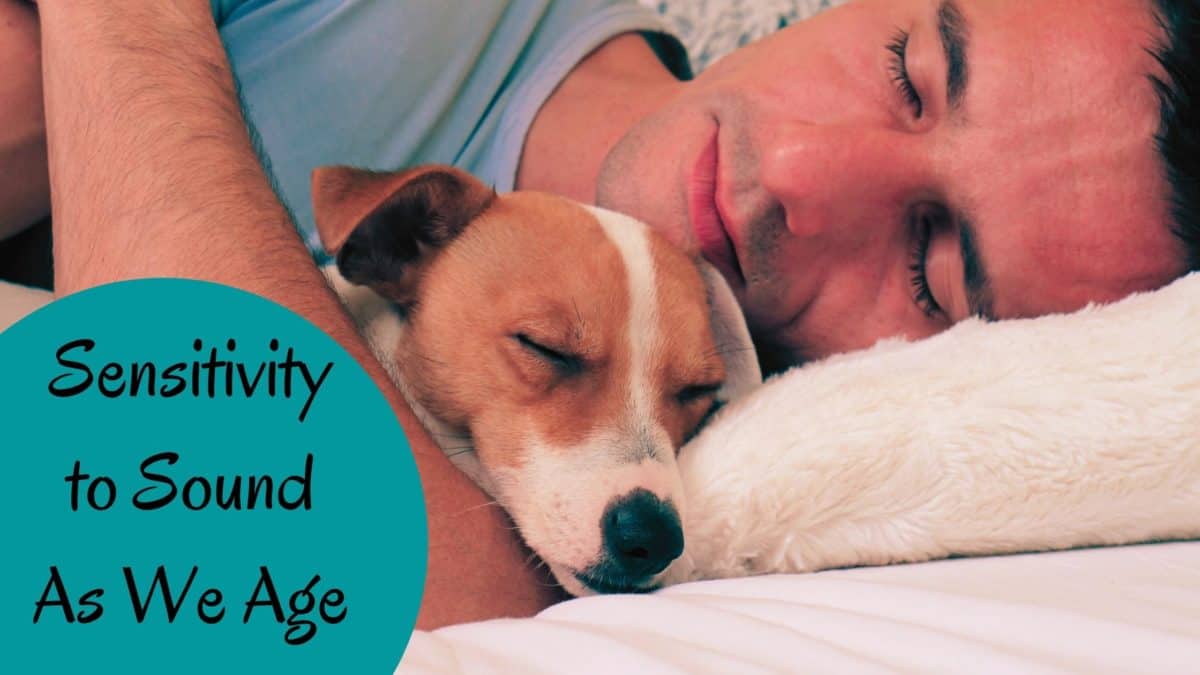Why can young people enjoy a loud music performance, while older adults will find it intolerable? In addition to the social, cognitive, and other psychological factors that might predict why a person is more likely to enjoy loud sounds earlier, a recent study has discovered clinical evidence for the reality.
Neuroscientists at Western University in Canada documented that older people are more sensitive to sound. While younger people can acclimate to the amplitude or volume of sound relatively quickly, older people do not acclimate to that sound. Instead, they remain sensitive to the loud volumes.
The paradox of hearing loss and noise sensitivity
One of the possible reasons for this sensitivity has to do with the process of hearing loss.
The older adult population go through the natural process of hearing loss. Years of exposure to sound have a damaging effect on the tiny hair-like features of the inner ear. The damage done to the inner ear tends to have the earliest and most significant effect on receptivity to high-pitched sounds. Although an older person might have no problem hearing the low tones of a motorcycle rumbling by, they might have trouble hearing the higher pitches of a child’s speech, for instance. Those high frequencies tend to be the first sounds to be lost in the process of hearing loss. Just as quieter sounds are the first to go, the high-pitched tones give definition and specificity to the listening process.
It seems counterintuitive – shouldn’t hearing loss make people less sensitive to sounds? Some speculate that the greater sensitivity to sound among the older population is related to the relative level of bass and low tones within the frequency spectrum. Although older and younger people hear the same low-pitched sounds, those sounds are relatively louder for someone who has undergone hearing loss in the upper register. The sound levels might be the same, but the annoying feeling of hearing only a loud bass sound without any of the associated higher-pitched sounds that young people hear can be enough to sensitize and even annoy older people to their environment. There may be a scientific explanation for the commonly held belief that older generations do not like rock and dance music, which emphasizes loud bass frequencies.
With this understanding of the process that might lead older individuals to become sensitive to or annoyed by loud sounds, particularly in low frequencies, what can be done to help alleviate this hypersensitivity? A straightforward solution is to remain mindful of those who have different hearing than you do. When you consider playing your music very loudly, whether at home, in a car, or in a public space, take a moment to think about the people who might be sensitive to the bass frequencies you are amplifying. You can consider turning down your music or even adjusting the “equalization” to bring out the high-pitched sounds instead. Particularly during late hours, consider how difficult it might be for a person to sleep who was acutely tuned into the low pitches your music might emit.
Hearing loss and your loved ones
In addition to remaining aware of the diversity of hearing ability in your neighborhood or surrounding environment, you also might want to think of someone in your life who struggles with hearing loss. Friends and family members with hearing loss might need a nudge to face the fact that their hearing is not as good as it could be. If you know someone like that, don’t be afraid to begin a gentle conversation about hearing ability, conversation, and the possibility of treatment.
Hearing aids are available today that can dramatically improve hearing ability without some of the annoying features that might deter people from wearing hearing aids in the past. With sleek profiles, feedback prevention, and even Bluetooth connectivity, new hearing aids can accommodate a wide range of lifestyles. Those who had been sensitive to loud sound might find a balancing effect from the use of hearing aids, bringing all the necessary sounds into a comfortable range of hearing. Help your friends, family members, and loved ones seek the assistance they need to be comfortable in any environment.
Are you concerned about your changing hearing abilities? Are you concerned that a loved one might be struggling with hearing loss? At the Hearing Health Center of Houston, we provide comprehensive hearing health services, from hearing tests to hearing aid fittings to custom hearing protection. Contact us today to learn more.


